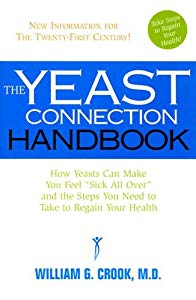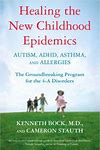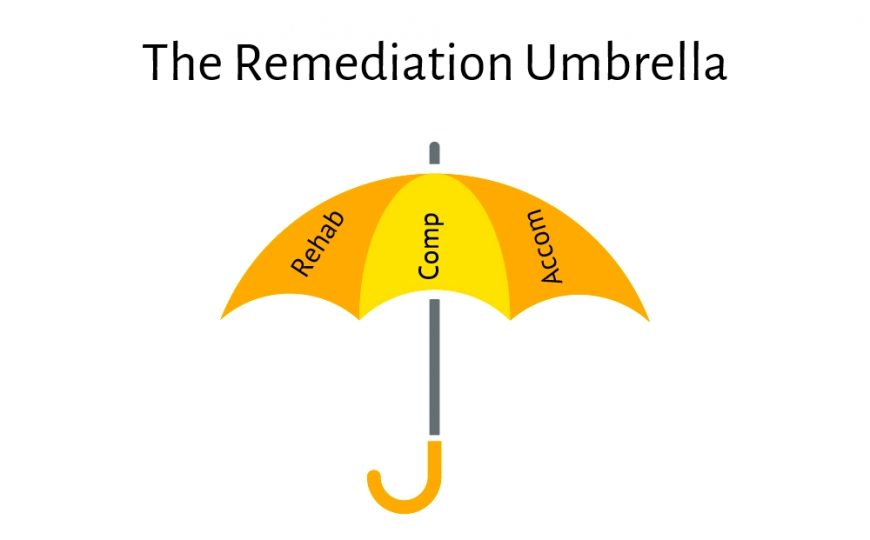SAD is the acronym for the Standard American Diet. Amongst those in the know that the typical diet of Americans is indeed tragic we find it to be a most fitting label. So many conditions clearly point to a dietary cause. Including but not limited to leaky gut, celiac disease, crohn’s disease, the rise of diabetes in younger children, enuresis, high blood pressure due to too much salt, to name a few. Here I would like to discuss the two main contributors to our dietary woes. Sugar and overindulgence. Sugar is the biggest cover-up since the carcinogenic effects of smoking …










